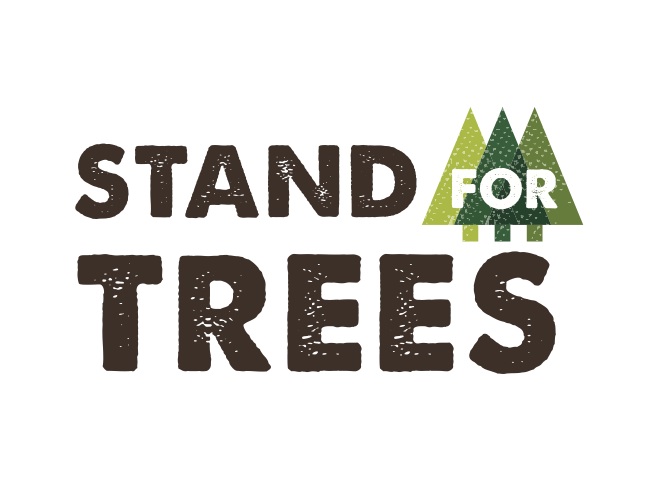Landmark REDD+ Talks: Colombia Event Inspires Crowd in Cartagena
BOGOTA, COLOMBIA / SAN FRANCISCO, CA, April 11, 2014 /3BL Media/ - On April 9th, 2014, Code REDD and the United States Agency for International Development (USAID) presented an historic, first ever event - REDD+ Talks: Colombia in Cartagena. The packed event brought together leaders from the private, public, and civil society sectors to advance the role of Reducing Emissions from Deforestation and Forest Degradation (REDD+) in sustainable business and development.
The event provided a platform for Latin American and global REDD+ stakeholders – including project practitioners, indigenous peoples, business leaders, multilateral institutions, and policy makers – to explore the contributions the private sector can make to REDD+ through finance, sustainable operations, project investment, and public-private partnership.
“What we need is a new model of development for countries with tropical forests. [REDD+] is that new vision,” stated Maria Claudia García, National Director of Forestry, Biodiversity and Ecosystem Services for Ministry of the Environment and Sustainable Development in Colombia.
Speakers included high-level representatives from USAID, the United Nations Environment Programme Finance Initiative, Rainforest Alliance, Fundacion Natura, Global Green Growth Institute, and more. Attendees included representatives from Latin American governments, multilateral institutions, donor countries, forest communities, major corporations, financial institutions, NGOs, and project development companies.
Deforestation, at 15% of global annual greenhouse gas emissions, has turned our largest terrestrial carbon sink into our second largest source of climate changing emissions. In fact, deforestation is now estimated to cost the global economy $2-5 trillion each year in lost climate and water regulation services.
"Through our experience we have learned that conservation IS economic activity," noted Chris Abrams, Director of Environment, United States Agency for International Development (USAID) - Colombia
Addressing the perverse economic incentives driving deforestation is critical to comprehensive climate and development strategies. By valuing the carbon storage services that forests provide, REDD+ offers an innovative and effective approach to tackling deforestation, reducing emissions, empowering communities, and promoting ‘green’ economic development.
"The most important thing for us in our REDD+ project is that it has allowed us to strengthen our community for ourselves, protected us from conflict, and we've become stronger," said Everildys Cordoba, Director of COCOMASUR, an Afro-Colombian Community Association.
"We have to work together - it should be the entire country, financial institutions, investors, all the people - for conservation and for climate change mitigation. We should all be focused on protecting the very little natural resources that remain." - Jose Durand, Infierno Indigenous Leader, Madre de Dios, Peru.
REDD+ Talks: Colombia was significant in bringing together leaders from many sectors that are key to making REDD+ a success in Latin America and beyond.
"We are involved in REDD+ not only because it helps mitigate our emissions, but also because it enables us to help protect the forest here in our home country," pointed out Gaelle Espinosa, Environmental Coordinator, Independence S.A.
“REDD+ offers one of the most viable, cost -effective solutions that must be a key part of our climate change reduction and adaptation strategies. If we want to avoid the profound negative impacts on humanity that continued rises in atmospheric carbon dioxide levels will cause, we must act now.” - Karin Burns, Executive Director of Code REDD.
To learn more please visit: www.coderedd.org; www.reddtalks.com; or contact Gina Angiolillo - gina@coderedd.org
About Code REDD
Code REDD is a nonprofit organization whose mission is to support and scale the REDD+ mechanism to empower people, preserve forests, protect wildlife, and reduce emissions. We aim to create a world where the REDD+ mechanism is widely adopted within private sector practices, corporate business models, and regulatory frameworks to drastically reduce deforestation, value ecosystem services, promote low carbon development, and enable a transition to the green economy. We work towards this mission through private sector engagement, policy alignment and REDD+ community building.
About the United States Agency for International Development (USAID)
The United States Agency for International Development (USAID) is the lead US Government agency that works to end extreme global poverty and enable resilient, democratic societies to realize their full potential. USAID promotes human development and stable, free, and prosperous societies around the world. The Agency’s Environmental Sustainability Program helps deliver ecological, economic, and environmental results on issues including climate change, sustainable landscapes, conserving biodiversity and forests, and low emission development.

